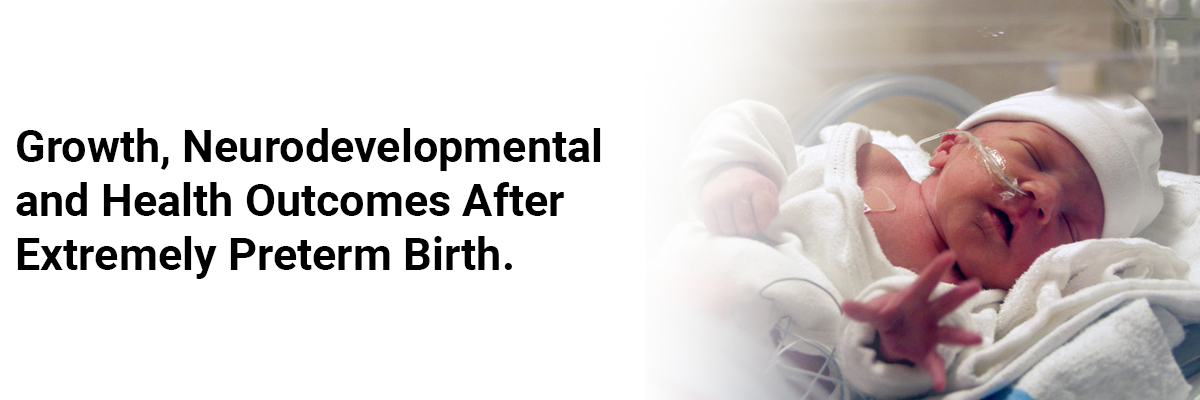
 IJCP Editorial Team
IJCP Editorial Team
Growth, neurodevelopmental and health outcomes after extremely preterm birth.
The present study evaluated associations between changes in weight, length, and weight/length ratio during infancy and outcomes later in life among extremely preterm individuals.
It enrolled the participants in the Extremely Low Gestational Age Newborn (ELGAN) study, measured their weight and length at discharge from the neonatal intensive care unit (NICU) and at age two years, and evaluated neurocognitive, psychiatric, and health outcomes at age ten years and 15 years. It also estimated associations between gains in weight, length, and weight/length ratio z-scores between discharge and two years and outcomes at 10 and 15 years. The study defined High gain as the top quintile of change; low gain as the bottom quintile of change.
The study observed-
- High weight and weight/length gains showed an association with greater odds of obesity at ten years but not at 15 years.
- These associations existed only for females.
- High gain in length z-score showed an association with lower odds of obesity at 15 years.
- High gains in growth measures and more favorable neurocognitive or psychiatric outcomes showed an association with high gain in weight/length and lower odds of cognitive impairment at age ten years.
This study shows that during the two years after NICU discharge, females born extremely preterm with high gains in weight/length or weight have greater odds of obesity at ten years but not at 15 years. Infants with high growth gains in the two years after NICU discharge have neurocognitive and psychiatric outcomes in middle childhood and adolescence, similar to infants with lower gains in weight and weight/length.
O’Shea TM, Register HM, Yi JX, et al., Growth During Infancy After Extremely Preterm Birth: Associations with Later Neurodevelopmental and Health Outcomes. The Journal of Pediatrics. 2023;252:40-47.E5. DOI:https://doi.org/10.1016/j.jpeds.2022.08.015

IJCP Editorial Team
Comprising seasoned professionals and experts from the medical field, the IJCP editorial team is dedicated to delivering timely and accurate content and thriving to provide attention-grabbing information for the readers. What sets them apart are their diverse expertise, spanning academia, research, and clinical practice, and their dedication to upholding the highest standards of quality and integrity. With a wealth of experience and a commitment to excellence, the IJCP editorial team strives to provide valuable perspectives, the latest trends, and in-depth analyses across various medical domains, all in a way that keeps you interested and engaged.





















Please login to comment on this article